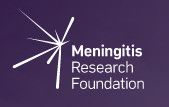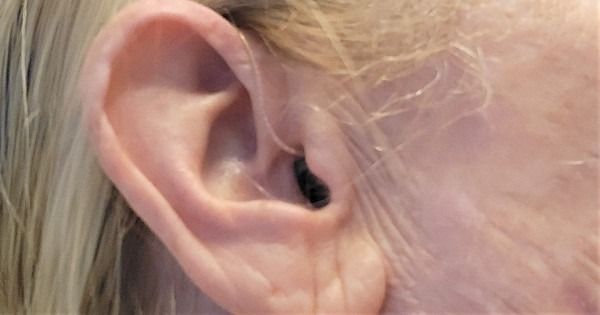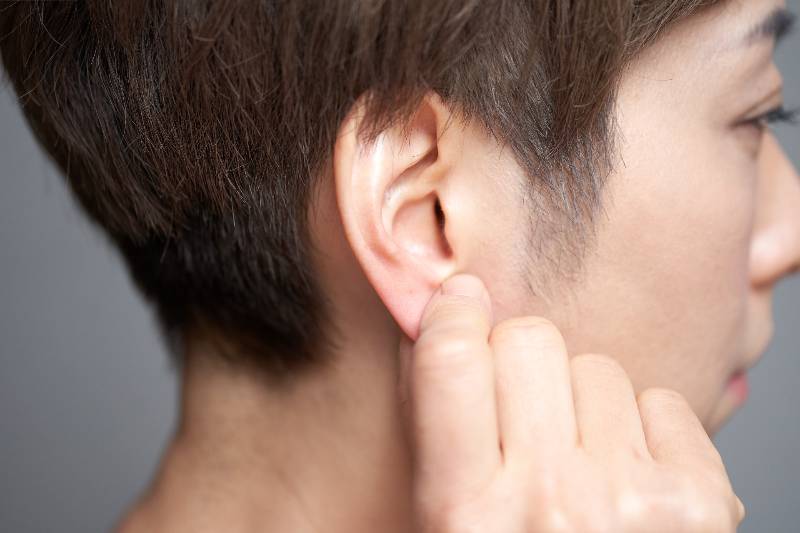Introduction
A journey through life is akin to traversing a landscape, diverse and dynamic in its nature. The path, often smooth, sometimes takes us through rugged terrains and rough weathers. Health issues, like meningitis-related hearing loss, are akin to these challenging terrains. The impact and management of such a health condition can significantly differ across various age groups, forming unique challenges and opportunities at each life stage. This blog post serves as an informative guide, adopting the role of an objective educator, with the aim to shed light on meningitis-related hearing loss across different age-related factors.
Lipo-Flavonoid Plus, Tinnitus Relief for Ringing Ears
Considered the most effective over-the-counter solution by ENTs, this product comes highly recommended by doctors for reducing ear ringing. Its effectiveness has been acknowledged and trusted by medical professionals in the field.
Please note that exposure to heat or sunlight may cause melting or damage to the product. To ensure the product’s integrity, customers are advised to be present during the delivery process.
Formulated with a natural lemon bioflavonoid complex, this product contains a rich blend of essential vitamins and nutrients such as Vitamins C, B1, B2, B6, B12, Calcium, Choline Bitartrate, Inositol, Niacin, and Pantothenic Acid. These ingredients provide vital nutritional support for the inner ear, making it beneficial for individuals with tinnitus and Meniere’s syndrome.
Meningitis-Related Hearing Loss and Age-Related Factors
The landscape of meningitis-related hearing loss is diverse, and its characteristics may change based on the age of the individual. Understanding these age-related factors is paramount in managing and overcoming the challenges associated with this condition.
Navigating through the complex tapestry of meningitis-related hearing loss is an exercise in understanding the subtle yet significant age-related factors. Hearing loss due to meningitis, unlike other forms, cannot be generalized as its manifestation, degree, and impact vary considerably across different age groups. In understanding these differences, we can create effective strategies and interventions that are age-specific, bringing a comprehensive, tailored approach to managing and coping with hearing loss resulting from meningitis.
The relationship between age and meningitis-related hearing loss is multifaceted, with each age group representing a unique set of challenges and solutions. For instance, an infant with hearing loss due to meningitis may struggle with language acquisition, which can impact their cognitive and social development. Therefore, early intervention strategies, such as auditory-verbal therapy, can prove vital in facilitating communication skills and healthy development. On the other hand, an older adult may experience a compounding of age-related hearing loss and meningitis-associated hearing loss, leading to a more pronounced hearing impairment. In such cases, apart from medical treatment and use of hearing aids, emotional support and cognitive therapy can also be beneficial.
Age also influences how an individual copes with meningitis-related hearing loss. Younger individuals, particularly adolescents and young adults, are often more adaptable and tech-savvy, making it easier for them to utilize technological aids such as digital hearing aids, smartphone apps, and other assistive technologies. Older adults, while they may face challenges in adopting new technologies, bring their resilience and life experiences into managing their condition. They may find strategies such as joining a community of similar individuals or finding support in family and friends more useful.
In conclusion, a holistic understanding of meningitis-related hearing loss requires us to consider the key role that age-related factors play. By addressing the unique needs and challenges of each age group, we can ensure a comprehensive approach to managing this condition, ultimately enhancing the quality of life of those affected.
https://www.hearing-loss.news/navigating-hearing-loss-in-adults/
Geriatric Hearing Loss Exploring the Intersection with Meningitis
Age-related hearing loss, or presbycusis, is a common condition affecting older adults. This progressive and irreversible condition impacts both ears equally, typically characterized by a gradual inability to hear high-frequency sounds. When geriatric individuals also experience meningitis, it can exacerbate the hearing loss they may already be experiencing due to age.
Hearing loss in older adults is not just a physical condition, but it also has a profound impact on their quality of life. It can lead to social isolation, cognitive decline, and even depression. Managing hearing loss in these individuals requires a multi-dimensional approach, including medical treatments, use of hearing aids, and psychological support.
ullamcorper mattis, pulvinar dapibus leo.
Tinnitus: The Truth Behind That Annoying Ringing in Your Ears
Age-Related Hearing Loss vs. Meningitis-Associated Hearing Loss Understanding the Distinctions
Age-related hearing loss and meningitis-associated hearing loss, while seemingly similar in their impacts, have distinct differences. The primary distinction lies in their causes; age-related hearing loss is a natural result of the aging process and associated changes in the inner ear, whereas meningitis-associated hearing loss is a consequence of a bacterial or viral infection causing inflammation in the protective membranes of the brain and spinal cord.
The nature of hearing loss also varies. Age-related hearing loss is usually a slow, progressive condition that impacts high-frequency sounds initially, while meningitis-associated hearing loss can occur suddenly and can impact the entire range of frequencies. Understanding these differences is crucial for accurate diagnosis and treatment.
Tinnitus: why it’s still such a mystery to science
Meningitis and Hearing Loss in Infants Special Considerations and Early Interventions
Hearing loss in infants due to meningitis can have significant implications on their development. Early language acquisition and cognitive development are closely linked with hearing abilities. Therefore, hearing loss can affect an infant’s ability to develop communication skills.
Early detection and intervention are vital in these cases. Newborn hearing screenings can help identify hearing loss at the earliest. In cases where meningitis is diagnosed, regular auditory testing is recommended to monitor any changes in hearing ability.
QUIZ - CURRENT RESEARCH ON HEARING LOSS
Hearing Loss in Adolescents and Young Adults Unique Challenges and Opportunities
Hearing loss in adolescents and young adults presents unique challenges. This is a critical stage in life, characterized by academic pursuits, career building, and social engagements. Meningitis-related hearing loss can significantly affect these areas.
For instance, in the academic sphere, hearing loss may necessitate special accommodations, such as assistive listening devices or note-taking assistance. Socially, hearing loss might create feelings of isolation or difference among peers.
However, there are opportunities too. Modern technologies, such as hearing aids and cochlear implants, can significantly improve hearing. Digital platforms and apps can facilitate communication. This demographic, often tech-savvy, can greatly benefit from such advancements.
Consider Mike, a college student who experienced hearing loss due to meningitis. With the use of a hearing aid and support from his educational institution, Mike excelled in his studies, undeterred by his hearing loss.
Meningitis Survivors in Later Life Managing Hearing Loss in Aging Populations
As meningitis survivors age, they may face an increase in hearing loss severity due to the compounding effects of age-related hearing loss. It is important to ensure these individuals receive appropriate and timely interventions.
Older adults may have to contend with other health issues, and the intersection of these conditions with hearing loss can make their management more complex. However, comprehensive care models that include medical treatment, rehabilitative services, and psychosocial support can significantly enhance the quality of life in this demographic.
A case in point is Dorothy, a meningitis survivor in her 70s. With a strong support network, regular audiology appointments, and the use of a sophisticated hearing aid, Dorothy continues to lead an active, fulfilling life.
Conclusion
The journey with meningitis-related hearing loss, like the passage of life, is multifaceted. The path varies as we navigate through different life stages, from infancy, adolescence, young adulthood to later years. However, regardless of the age bracket, one thing remains a constant: the ability to live a full life despite the challenge of hearing loss.
In infancy, the early detection of hearing loss and timely interventions can help ensure that children have the tools to reach their full potential. Adolescence and young adulthood bring unique challenges but also opportunities to harness the power of technology and adaptability. Aging, while presenting its complexities, allows for the display of enduring resilience, a testament to the human spirit.
Age-related factors in meningitis-associated hearing loss are an essential part of understanding the condition as a whole. The challenges that come with it, whether it’s the intersection of geriatric hearing loss with meningitis or the specific considerations for infants, adolescents, and aging populations, remind us of the complexity of this health issue. But within this complexity lies the capacity for adaptation, innovation, and resilience.
The diverse landscape of life, punctuated by various challenges, is navigable. Regardless of the terrain we traverse, what truly matters is not the obstacles that stand in our way, but the courage with which we continue our journey. After all, it’s through challenges that we find our strength.








